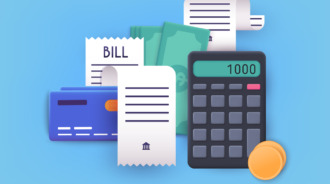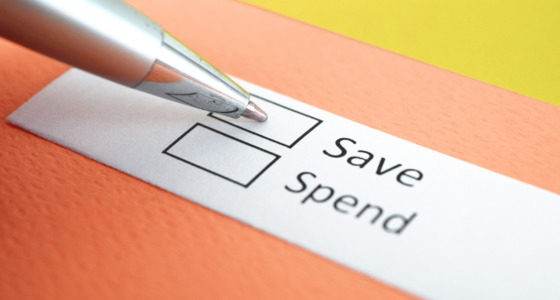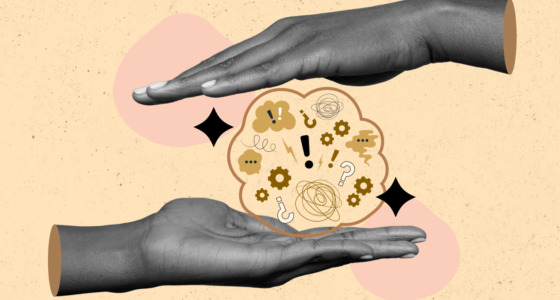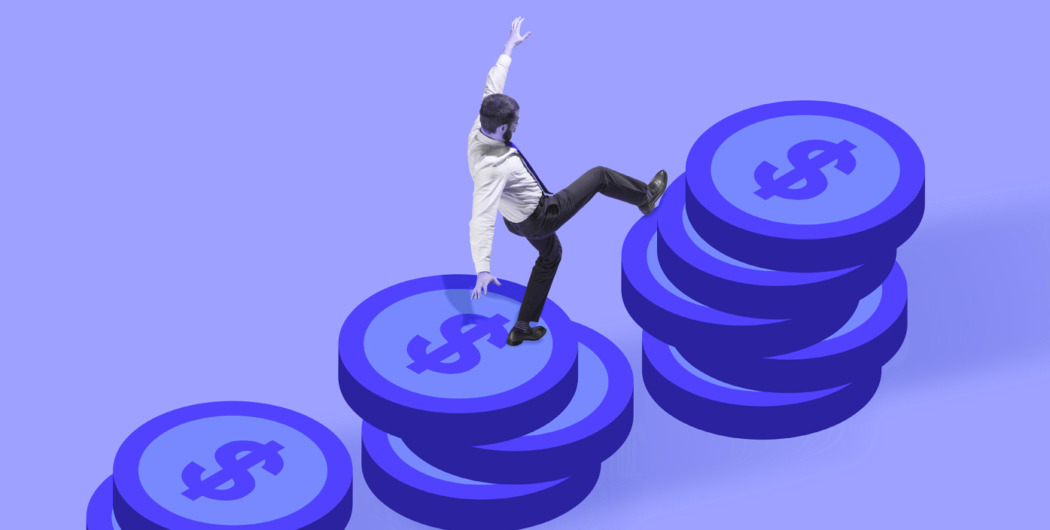

New generation loves challenges of all kinds, we are no exception, but let’s talk business. This new challenge will help you to save money and curb your overspending habits. Ladies and gentlemen, meet a No Spend Challenge!
What is a no spend challenge?
A no spend challenge is when you challenge yourself to not spend your hard earned money on anything extra or unnecessary for a certain period of time. You may start with one week and continue for a month. Some people challenge themselves for an entire year!
Why do a no spend challenge?
The rules of the challenge are personal and you and only you define your goals. A shopping ban can help you reset some bad habits and impulses, but more practically, if you’re trying to restock your emergency fund, save for a vacation or pay off debt, a no-spend challenge can help you save extra money.
Next level goal is when you fight with your over consumerism and raise your own self esteem without covering your insecurities with popular brands.
This can feel easier said than done, but a no spend challenge doesn’t mean not buying anything at all, which would be unrealistic. It means limiting your spending to the essentials, like bills, rent and food.
When is the right time for a no spend challenge?
Find a good month to start with, no matter if you run your challenge for fun or for saving money. Look at the calendar to see if you might have some special occasions that absolutely need your cash.
No birthdays – check.
No family events and gatherings – check.
Not a vacation month – check.
No friends coming to your town – check.
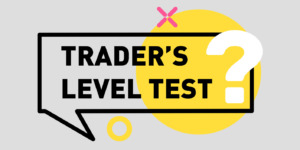
Shall I keep it a secret?
Go public with your goals. The more people know the better you stay motivated. It’s good to have someone checking on you, just choose the right person.
Revise what you have
You’re probably run out of some much needed stuff like toilet paper and feminine pads but your pantry is a treasure box full of hidden gems.
Create obstacles
One of the major ways to eliminate spending is to make it harder to achieve. If you’re trying to stop shopping, make it harder to shop.
Remove your saved card information from your browser settings. If the information is saved on retail websites, visit each site and delete your saved card information there.
When you accidentally buy something, make your own investigation of what has led you to the purchase. Did you feel nervous before the job interview and bought a new outfit to feel more confident? Did your toxic friend make you feel uncomfortable and you spent some money on chocolate chip cookies to relieve the stress? These questions can help you figure out why you broke the ban.
Track your success
Print out templates to track your success. Visualize how much you’ve saved at your financial fasting for a future substantial purchase like a good bicycle or a vacation.
Tips and tricks
Divide your spending into 3 categories:
- Things you may cut (just like you cut your carbs!)
- Things you may reduce significantly
- Things you may skip easily without feeling bad
If you feel splurge to buy something, release your negative energy by exercising your body! Transform your bad energy into good!
Your no-spend challenge should reflect the specific areas where you tend to overspend. For example, you struggle with your passion to buy scented candles each season. Or success chasers and motivation books. Or those pretty notebooks you barely use. Try to attack a few different categories at each challenge to make them more effective.
Breaking the rules
Beware of impulse purchases and try to avoid those. Return something if possible if you broke the challenge rules. When you get tempted to spend, think about what you want to do with the money saved.
What should I expect at the end of my challenge?
A no spend challenge is more like a detox than a diet. It is often said that you need 21 days to get rid of bad habits. Let’s say your no spend challenge is a way to struggle with shopping addictions.
And remember, a no-spend challenge does not mean you buy one huge pack of pasta and one sack of rice and that’s what you eat for the whole period without any sauces and that it’s gonna be your main entree with side dishes of salt and black pepper.
It’s not about saving money only, it’s about building a healthier relationship with the money.
